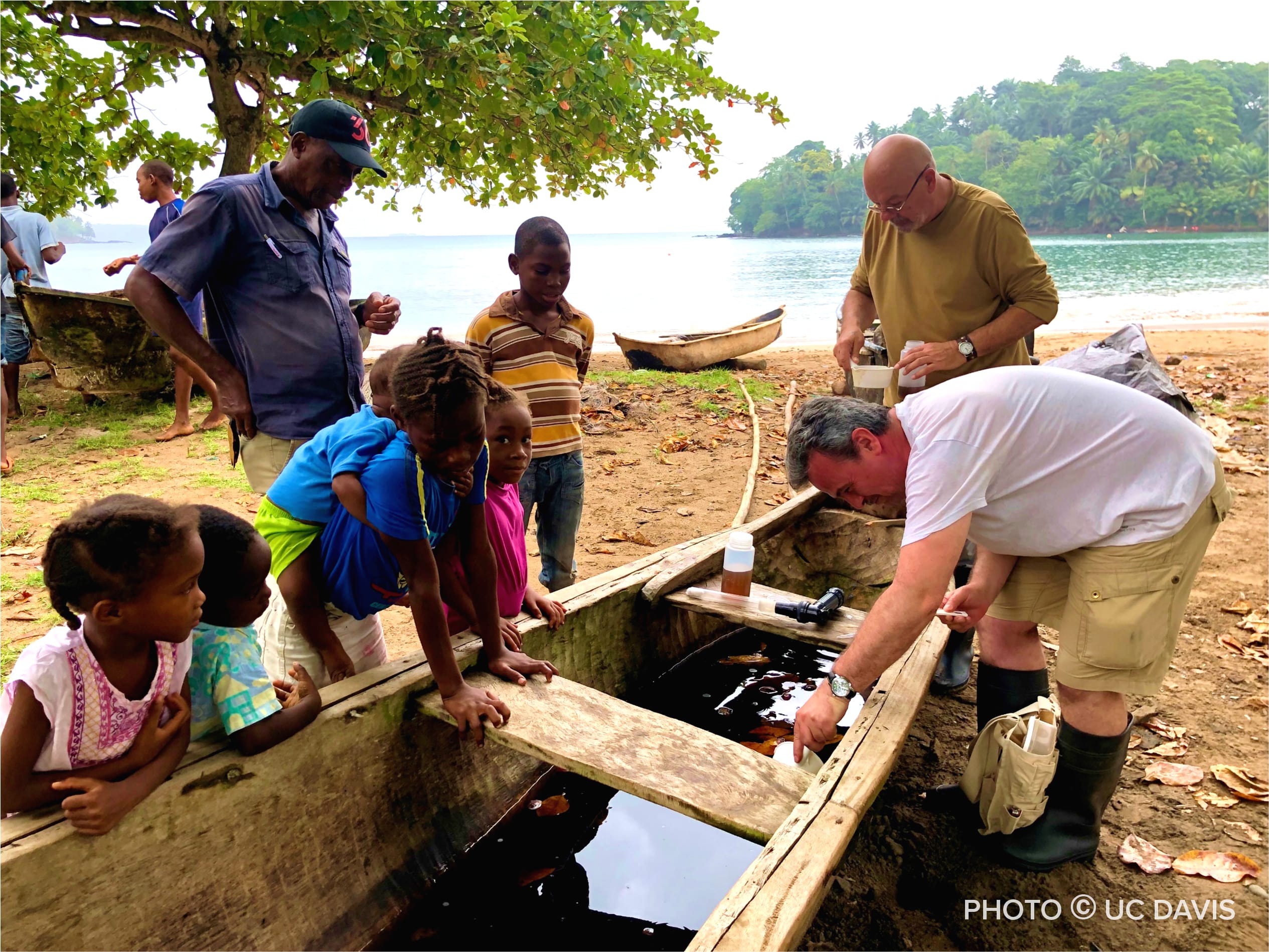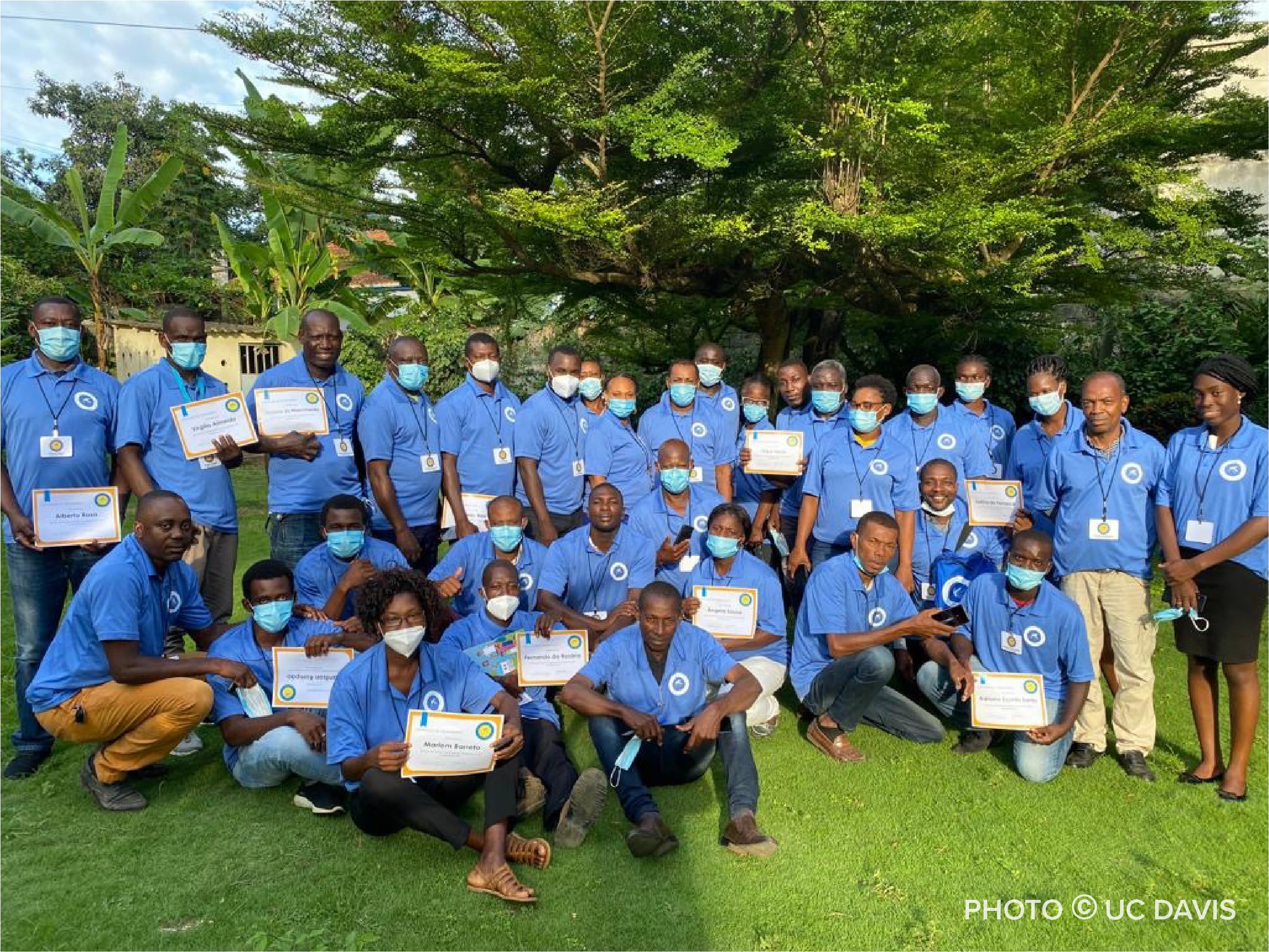The Vector Genetics Laboratory (VGL), Department of Pathology, Microbiology and Immunology, School of Veterinary Medicine at UC Davis has been awarded a new grant to support their research on genetic tools for malaria control. The grant was awarded by Open Philanthropy and will help finance the lab’s research on human malaria, including genetic approaches, in the west African island nation of São Tomé and Príncipe (STP).

The Vector Genetics Laboratory carries out research and training in the areas of population & molecular genetics, genomics, and bioinformatics of insect vectors of human and animal disease. It works in collaboration with the UC Irvine Malaria Initiative, a research consortium that includes scientists from UC Irvine, San Diego and Berkeley as well as Johns Hopkins University.
The research interests of the laboratory are broad, but the major research focus is on vectors of malaria in Africa. The programme is focused on developing genetically modified Anopheles mosquitoes that are unable to transmit the malaria parasite.

Greg Lanzaro, Principal Investigator for the project believes that “this approach, used in conjunction with early malaria treatment and detection” has the potential to “provide a cost effective, sustainable, and environmentally responsible [method] to eliminate malaria from Africa”.
Recent posts
